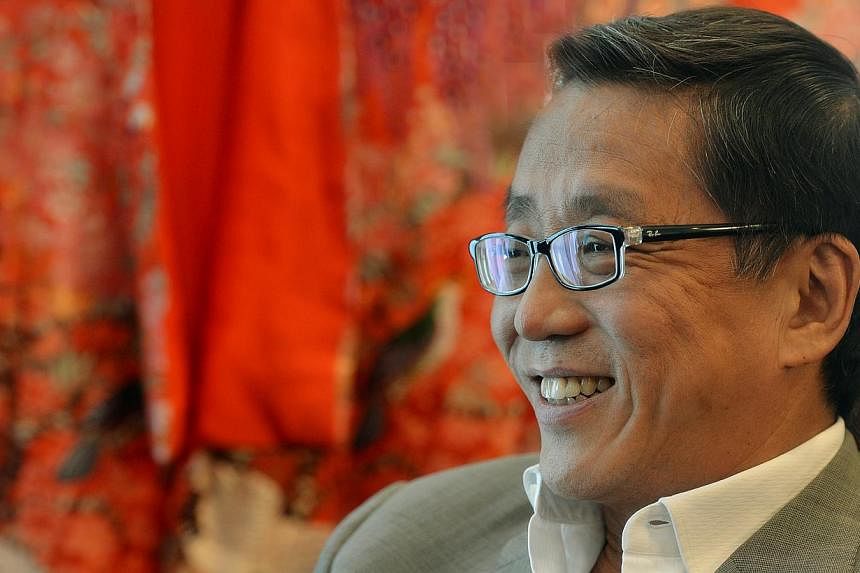SINGAPORE - After half a century of stunning economic growth, it will be socio-political development that will take centrestage as the Singapore story enters its second act.
And while the nation has achieved much in the first 50 years, it is still young and Singaporeans have every reason to be excited about what the next 50 years may bring.
This was businessman Ho Kwon Ping's message as he urged young people to realise society's full potential when he gave on Monday the first lecture in the Institute of Policy Studies (IPS)-Nathan lecture series on Singapore public policy.
He will give a series of lectures over a one-year period under the S R Nathan Fellowship for the Study of Singapore, named after former President SR Nathan in recognition of his contributions to public service and the advancement of Singapore.
Mr Ho identified openness, tolerance and diversity as essential ingredients for greatness, even as he acknowledged that they come with their own risks.
He said: "Fifty years is a long enough time for people to create wonders and so we should see the next 50 years with an excitement towards what Singapore can yet become, and with a childlike amazement at each unfolding opportunity."
In a speech that was insistent on not looking back, but ahead at what is to come, the one-time rebel and political prisoner, now feted as the SR Nathan Fellow, said Singapore's journey towards socio-political and cultural maturity would define the next two decades.
Noting that the country was at a "watershed moment in history", he said that "economic progress must now be matched by a more holistic maturation in other spheres of life".
With the foundations of economic prosperity and political stability already laid, the path ahead is paved for the younger generation to take on the task of defining what a developed society means politically, culturally and socially, he added.
This evolution, though, would not be tension-free, he said, adding that he hoped the Government would not "intervene in a heavy-handed and patriarchal manner, but instead allow players from a wide spectrum of civil society to engage and find some mutually acceptable resolution between themselves".
On whether the PAP could maintain its dominance in the next 50 years, Mr Ho noted that going by history, the task would be daunting.
The PAP had achieved a rare feat by being in power for 56 continuous years, he said adding that only one other party, Mexico's Institutional Revolutionary Party, had done better.
He painted three possible scenarios for the PAP in the next 50 years.
One, the status quo remains, with the PAP continuing to control 85 per cent to 90 per cent of Parliamentary seats.
Two, the PAP retains dominance, with control over two-thirds of Parliamentary seats and ceding more to the opposition.
Three, an opposition party or a coalition may win an election, causing the power to shift between the PAP and the second major party in Singapore.
While there were different probabilities of each happening, he said, all three pointed to the fact that the party would face an uphill task in retaining the same degree of control over Parliament as it had in the past.


